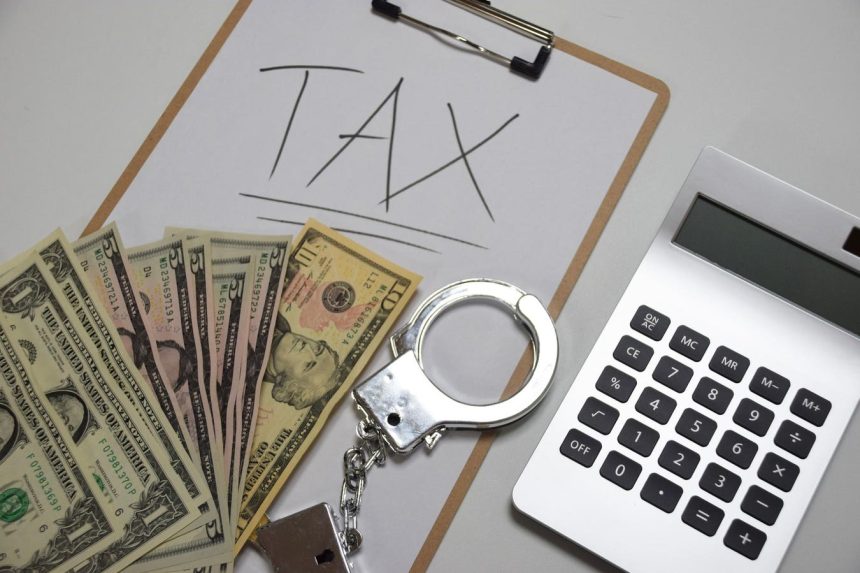The COVID-19 pandemic brought about unprecedented economic challenges, prompting governments worldwide to implement relief measures. In the United States, the Employee Retention Credit (ERC) and the Paid Sick and Family Leave Credit (SFLC) were introduced to incentivize businesses to retain employees and provide paid leave for those affected by the pandemic. While these programs offered much-needed support, they also became targets for fraudulent activities, highlighting the vulnerability of government aid programs to exploitation. One such case involved a complex scheme orchestrated by seven individuals, leading to a federal indictment with potentially severe consequences.
The alleged scheme, orchestrated primarily through a purported credit repair business called Credit Reset, involved the filing of over 8,000 fraudulent tax returns seeking more than $600 million in COVID-related tax credits. The defendants, who acted as tax preparers, targeted both individual taxpayers and businesses, exploiting the ERC and SFLC programs through various illicit tactics. These included claiming SFLC amounts exceeding reported wages, duplicating wages as both sick and family leave, and claiming both ERC and SFLC for the same wages—all violations of the programs’ regulations. The scheme generated substantial profits for the defendants through direct receipt of refund checks and fees charged to clients based on the refunds they received.
The indictment details a sophisticated operation involving a network of participants recruited and compensated for their involvement in the scheme. The conspirators employed tactics to conceal their involvement, including omitting their names as paid preparers on tax returns and utilizing Virtual Private Networks (VPNs) to mask their IP addresses during filing. They even facilitated the creation of shell companies for clients lacking legitimate businesses, further enabling their fraudulent claims. This intricate web of deception underscores the lengths to which some individuals were willing to go to exploit pandemic relief programs for personal gain.
The unraveling of this scheme began when the IRS and Social Security Administration (SSA) detected discrepancies in the filed tax returns. Upon requesting additional information, they were often met with false documentation provided by the conspirators. Further investigation revealed the defendants’ involvement in fraudulent Paycheck Protection Program (PPP) loan applications, adding another layer to their illicit activities. This multifaceted approach to defrauding the government demonstrates the audacious nature of the scheme and the potential for abuse across multiple relief programs.
The defendants now face a 45-count indictment, including charges of conspiracy to defraud the United States, wire fraud, and aiding and assisting in the preparation of false tax returns. Some also face additional wire fraud charges related to the PPP loan fraud. These charges carry significant penalties, with potential prison sentences ranging from five years for conspiracy to up to 30 years for wire fraud related to the PPP applications. The severity of the charges underscores the government’s commitment to prosecuting those who exploit pandemic relief programs.
This case serves as a stark reminder of the importance of robust oversight and accountability in government aid programs. While the ERC and SFLC provided crucial support to businesses and individuals during a time of crisis, they also became vulnerable to exploitation by those seeking to profit from the pandemic. The indictment of these seven individuals highlights the need for continuous monitoring and investigation to prevent and prosecute such fraudulent activities, ensuring that these essential programs serve their intended purpose and maintain public trust. Furthermore, it emphasizes the serious consequences awaiting those who engage in such schemes, potentially facing decades of imprisonment. While the defendants are presumed innocent until proven guilty, the detailed indictment suggests a thorough investigation and a strong case for the prosecution.



